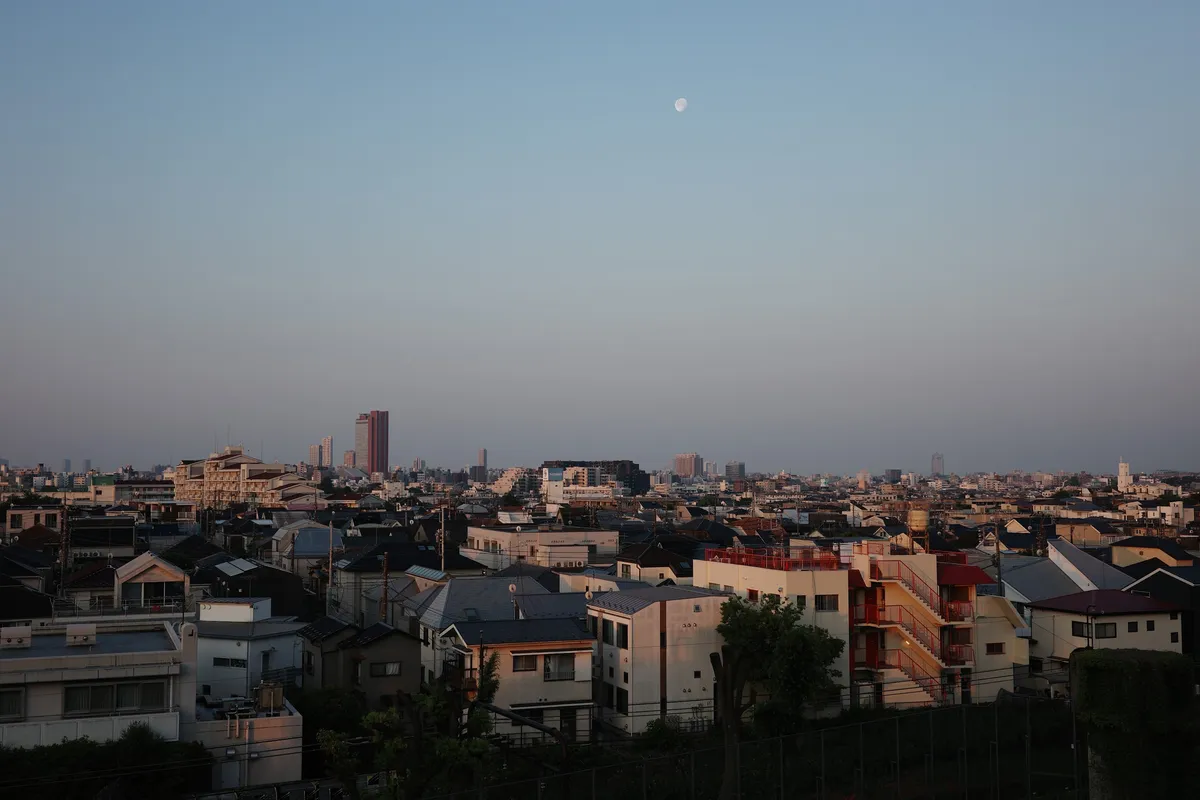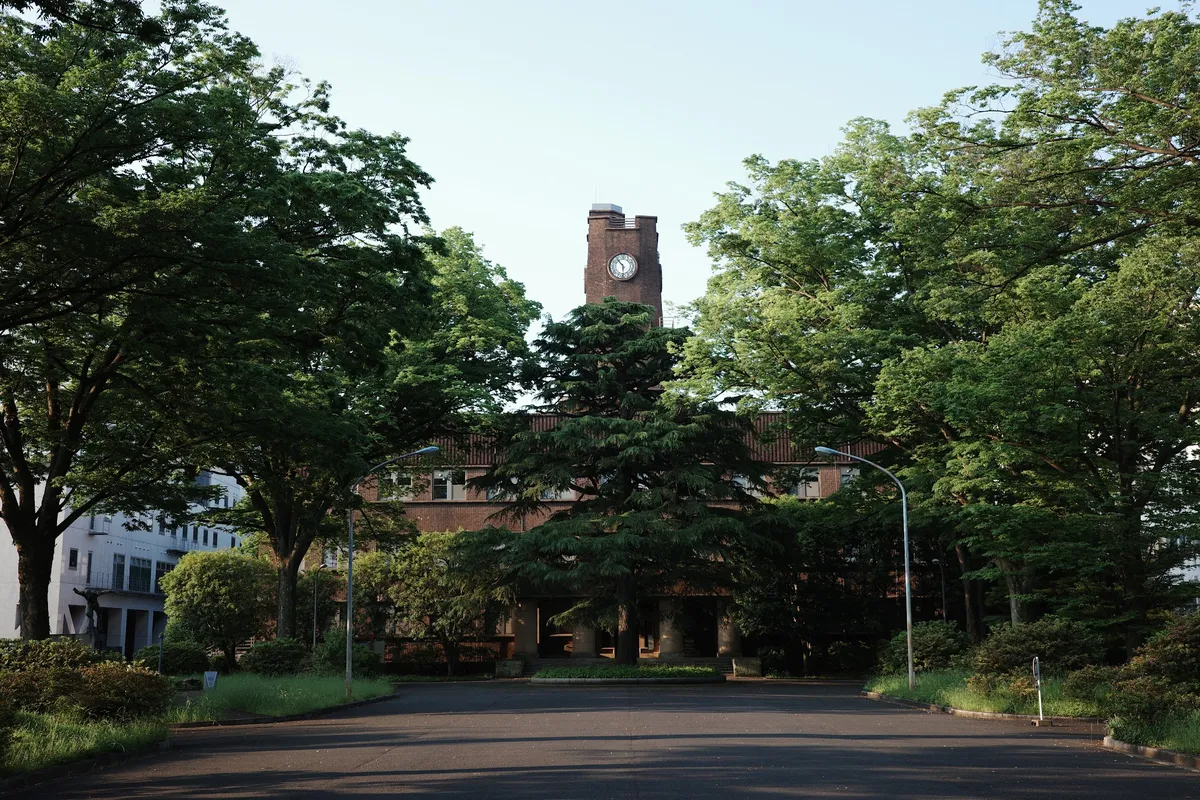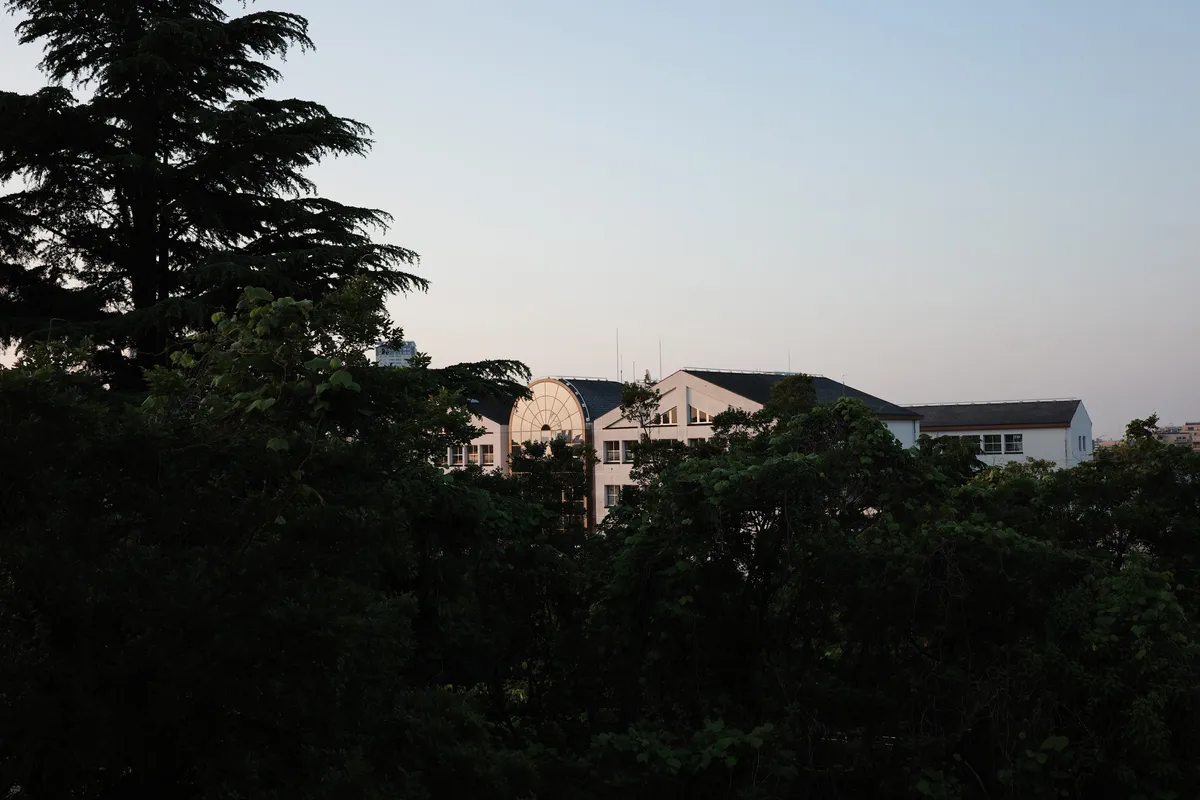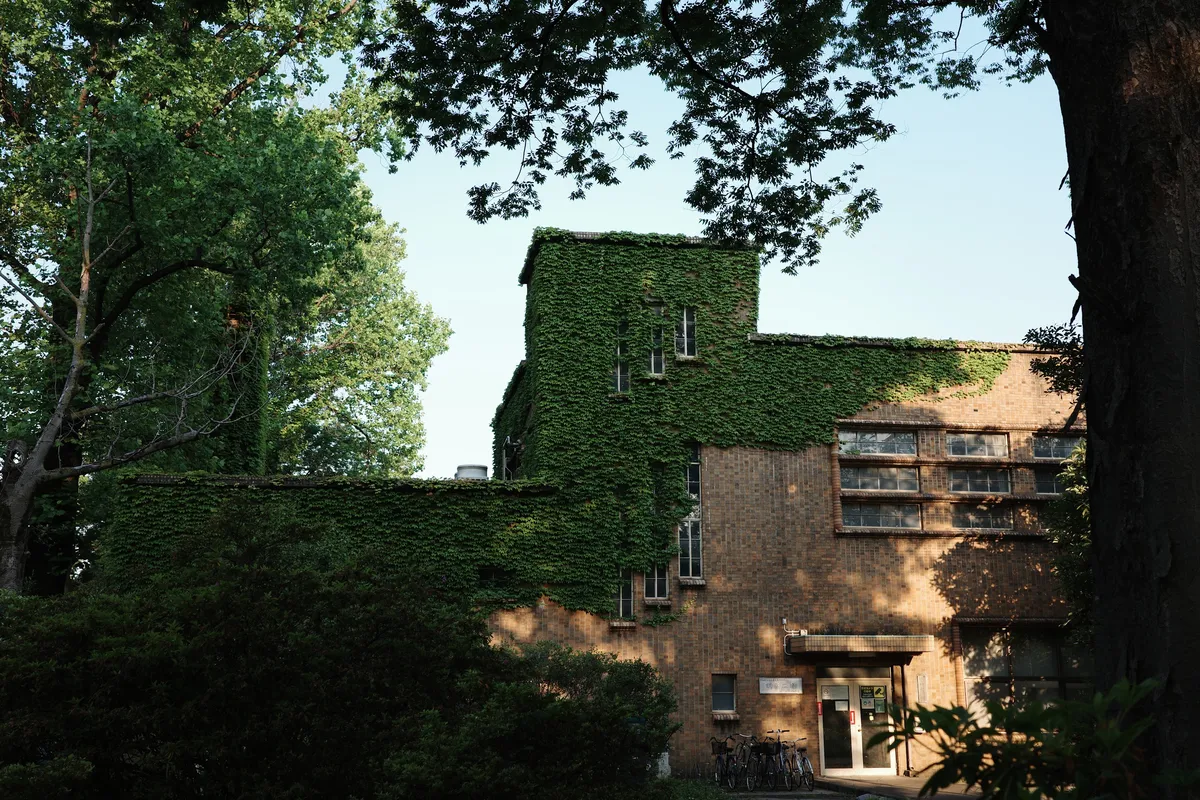Thoughts of a Fellow

Introduction
The Japan Society for the Promotion of Science (JSPS) Postdoctoral Fellowship for Research in Japan is the Japanese government's attempt to attract international researchers to universities across Japan. As a British academic who has spent the past three years as a JSPS Postdoctoral Fellow at a Japanese university, I have been fortunate to be part of this scheme.
The fellowship provides foreign researchers with financial support (i.e. income) and generous research funding to undertake ambitious research projects at Japanese institutions. On paper, this arrangement is great: we gain access to Japan's excellent institutions and top-tier academics, while Japanese academia benefits from an influx of outside perspectives and expertise. For a moderate cost to the government, Japan attracts talented young researchers from abroad (after they have completed their expensive education) to diversify its research landscape, form long-lasting international collaborations and similarly inspire their own research students to consider further education abroad.
However, this programme is fundamentally flawed in a way that undermines its own purpose. Despite investing substantially in attracting international researchers, we are strictly prohibited from partaking in any additional work (paid or unpaid) during our fellowships, thereby preventing us from gaining the crucial experience necessary for long-term employment in Japan. This restriction is intended to ensure fellows focus exclusively on their research, but it creates significant barriers to those who might otherwise be excited to contribute to Japanese society and the economy long after their fellowships conclude.
In the following sections, I outline the key structural issues that not only disadvantage fellows but also prevent Japan from fully capitalising on its substantial investment.

The Financial Challenge: Stagnant Funding in an Inflationary World
While the JSPS fellowship stipend initially appeared generous, Japan's post-COVID inflation (combined with the sudden tax burden after the first financial year) has steadily eroded its value over my three-year tenure. With the stipend remaining unchanged throughout this period, fellows effectively experience an annual pay cut as everyday expenses continue to rise. Conference attendance strains personal finances further, as the fellowship doesn't cover daily expenses during travel.
The growing disparity between JSPS compensation and international standards is hard to ignore. In 2025, starting postdoctoral researchers in the UK earn over £10,000 more than JSPS fellows per year (adjusting for taxable income). This substantial gap in earnings completely disincentivises early-career researchers to remain in Japan after the fellowship concludes, regardless of one's appreciation for the many benefits afforded to those lucky enough to live in Japan. For those considering long-term plans such as home ownership or starting a family, the financial mathematics simply don't add up, especially when savings in Japanese yen must eventually be converted to other currencies.
Maintaining connections with one's home country presents additional financial challenges within Japan's work culture. Most companies typically allocate annual leave to specific periods to supplement national holidays (e.g., Golden Week and New Year holidays) when the entire country travels home or abroad to visit their families. With these holidays rarely exceeding two weeks and the cost of flights during the holidays being extremely expensive, travelling back home becomes both logistically difficult and prohibitively expensive. This isolation from home will further complicate the decision-making process for some fellows considering whether a long-term future in Japan is financially viable.

The Integration Paradox: Invited but Excluded from the Workforce
The JSPS fellowship comes with a stringent restriction that undermines its purpose: fellows are prohibited from engaging in any work, paid or unpaid, throughout their fellowship period. Until the recent policy adjustment in April 2025, fellows were even barred from receiving any form of remuneration whatsoever, including teaching or attending invited talks. Crucially, even part-time work in the form of internships, which is somewhat of a prerequisite for gaining full-time employment at many tech companies, was prohibited; effectively closing a vital pathway into Japan's robust technology sector.
This restriction creates an experience gap that is particularly damaging for researchers considering a long-term career in Japan. While the fellowship encourages international talent to relocate to Japan and develop research connections, it simultaneously prevents these researchers from gaining the local work experience that Japanese employers consistently prioritise when hiring. This is an odd inconsistency within JSPS's own programmes: JSPS-funded masters and doctoral students are permitted to undertake internships during their studies, recognising the importance of professional development alongside academic research. Yet postdoctoral fellows, who are at a critical career juncture, face complete prohibition from similar opportunities.
Japanese companies are notoriously risk-averse in their hiring practices, particularly regarding foreign employees. Without experience working in Japanese professional environments, JSPS fellows are a harder sell to employers: will they adapt to Japanese workplace culture? Will they remain in Japan long-term? Without the opportunity to prove themselves through even part-time positions during their fellowship, fellows cannot mitigate these perceived risks.
The result is a contradiction: JSPS invests substantially in bringing international researchers to Japan and supporting their research for multiple years, yet systematically prevents them from developing the professional credentials that would enable them to continue contributing to Japanese society after their fellowship concludes. What could be a pathway to long-term integration ends up being temporary academic tourism.

Conclusions: A Path Forward
The JSPS fellowship changed my life: I've built a new life in Japan, formed meaningful relationships, and connected with generous Japanese researchers who have supported my professional journey; often going beyond what I would expect of near-strangers helping a foreigner to remain in Japan. These positive experiences far outweigh the challenges I've described. But if JSPS wants fellows to stay in Japan after their fellowships end, three things need to change:
- Allow limited professional development: Permit fellows to engage in part-time teaching, consulting or industry collaboration (up to 16 hours weekly) that builds relevant Japanese workplace experience while maintaining research focus.
- Implement inflation-indexed stipends: Ensure fellowship funding remains competitive with international standards and keeps pace with Japan's rising cost of living.
- Create transition pathways: Develop formal mechanisms to help fellows transition to permanent positions in Japanese academia or industry after their fellowships conclude (the university's career services are primarily targeted towards international students, not postdocs).
I understand that success for this kind of fellowship programme is measured in research outputs, with some added soft power like international collaborations and outreach in the form of fellows presenting their research to high-school students (a pleasure I had twice during my time in Japan). However, for fellows that want to remain, to pay back society for the valuable opportunity and support they received, I think Japan could do more to support them. 1
All photos featured in this post were taken on my first day in Tokyo (May, 2022).↩